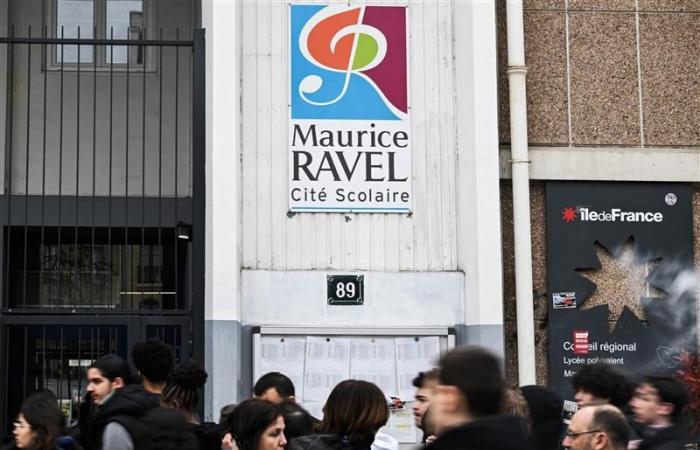INTERVIEW – Ibni-Akram A., 27, was fined 600 euros with a citizenship training period for having threatened to kill X, the principal of the Parisian high school Maurice-Ravel. The latter had ordered students to remove their veils. A “disastrous” sanction due to its weakness, considers the essayist Céline Pina.
Former local elected official, Céline Pina is a journalist at Talkeressayist and activist. Founder of Viv(r)e la République, she notably published Guilty silence (Kero, 2016) and These essential goods (Books, 2021).
LE FIGARO. – The decision of the Paris criminal court is a “blow to national education” according to Minister Anne Genetet. Does this judgment seem shocking to you?
Céline PINA. – It is shocking, yes, because it is incomprehensible. We have the feeling that justice lives in another world. With such a judgment, how do you expect principals to carry out their job, namely to enforce secularism, and beyond that equality between men and women? Remember that, in this story, a man makes death threats online against a principal, calling the latter a «chien» that it would be necessary “burn alive”. Such a term irremediably evokes that used by the assassin of Samuel Paty, Abdoullakh Anzorov, who said he wanted to kill a
This article is reserved for subscribers. You have 88% left to discover.
Black Friday
-70% on digital subscription
Already subscribed? Log in






